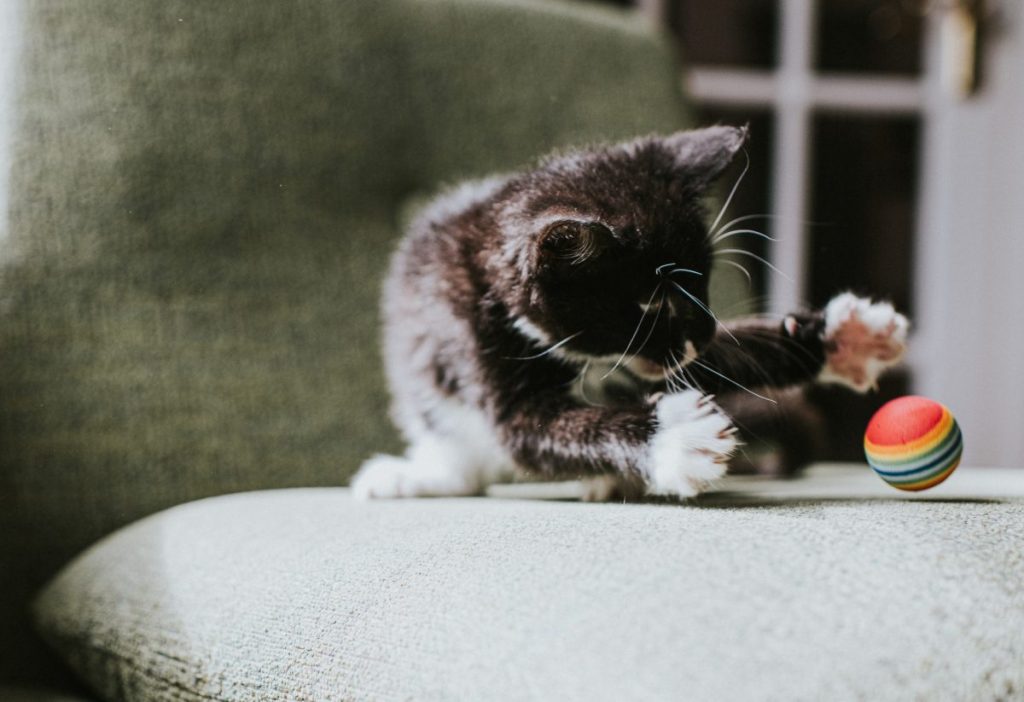Playing fetch? It’s not just for dogs — some cats enjoy it as well, according to a new study. This behavior appears to be self-taught in many cats, with no specific training from their owners. A recent paper published in Scientific Reports notes that cats often decide when to start and stop these play sessions. Even though…

When rescuers arrived at the scene, only the cat’s legs were stuck in the glue. When they covered the cat’s…







